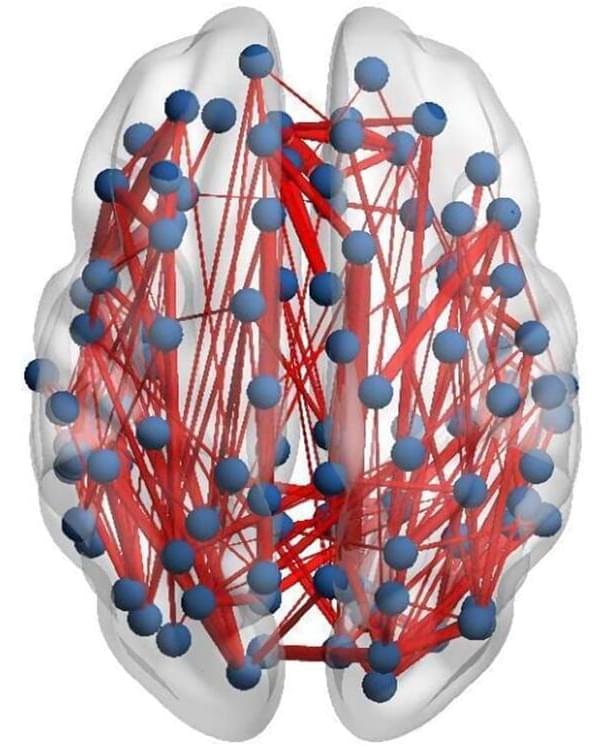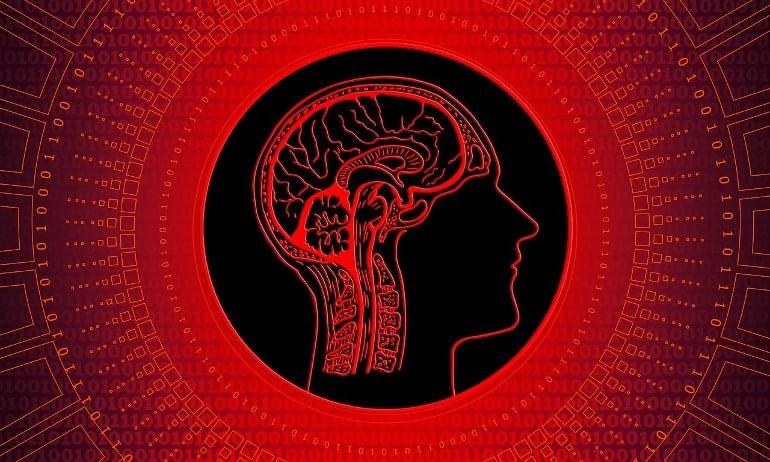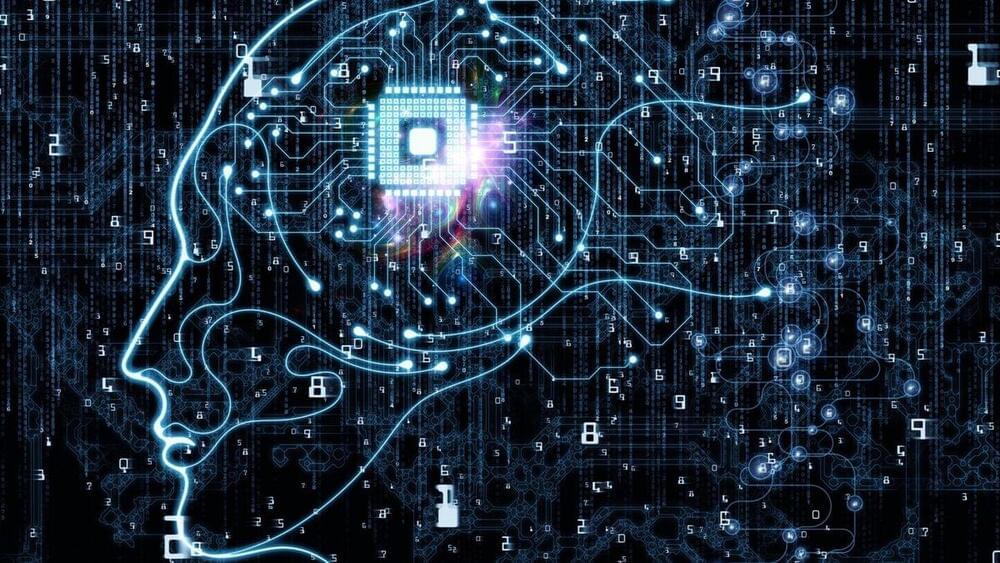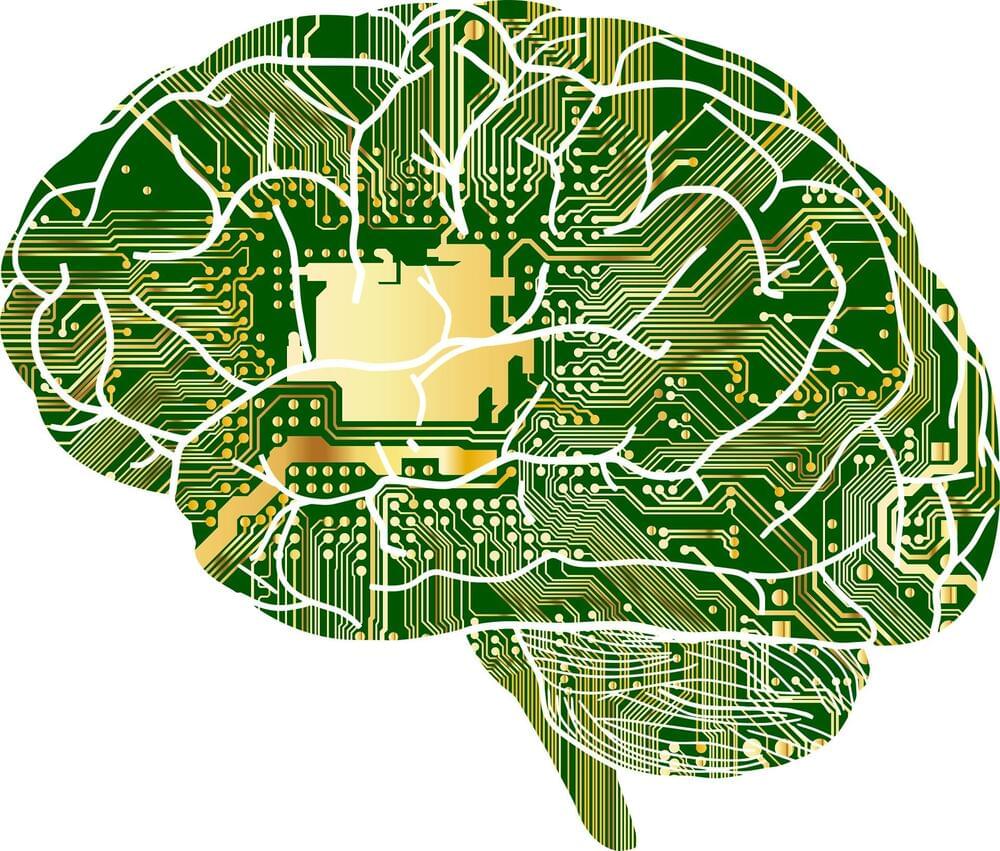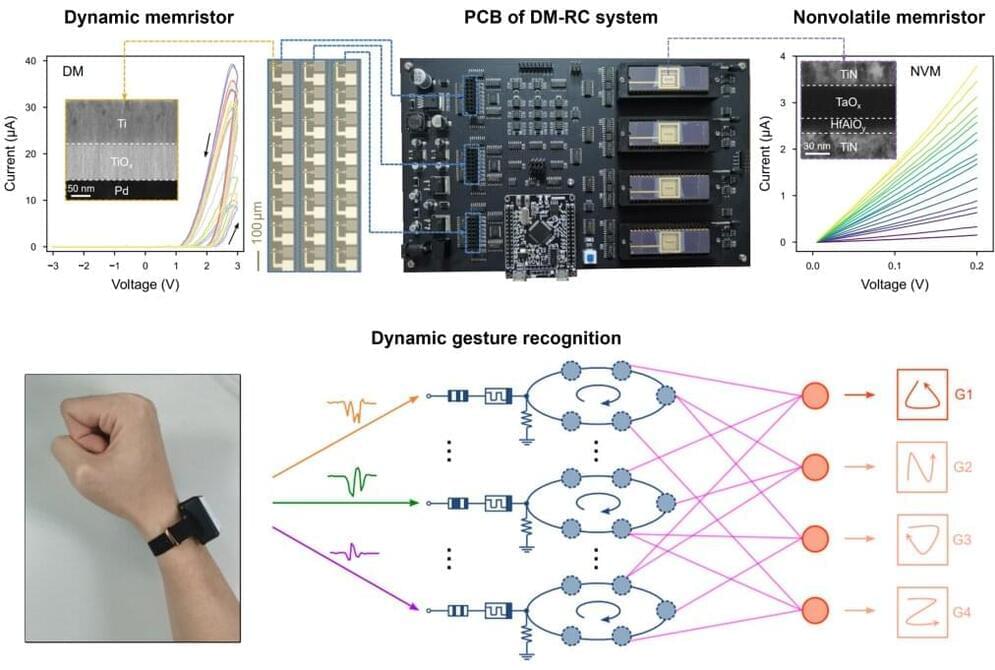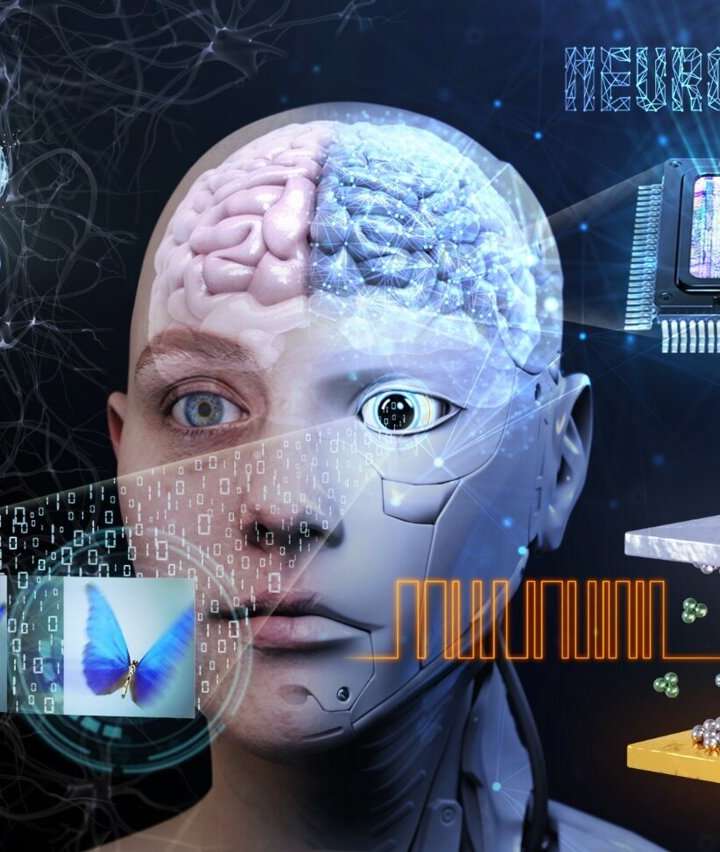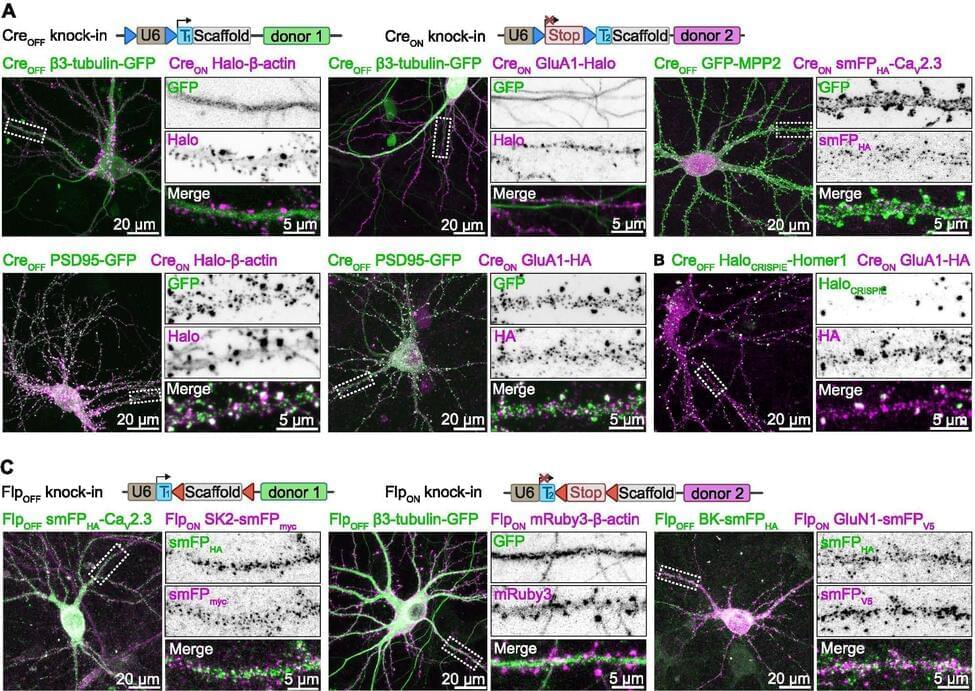Most scientists believe that the structure of the adult brain is generally rigid and incapable of rapid changes. However, new research has now revealed that this is not true. In a new study, German scientists have shown that in-patient treatment for depression can lead to an increase in brain connectivity. Moreover, those individuals who respond well to this treatment show a greater increase in connectivity than those who don’t.
Presenting the work at the European College for Neuropsychopharmacology Congress in Vienna, lead researcher, Professor Jonathan Repple said:
“This means that the brain structure of patients with serious clinical depression is not as fixed as we thought, and we can improve brain structure within a short time frame, around 6 weeks. We found that if this treatment leads to an increase in brain connectivity, it is also effective in tackling depression symptoms. This gives hope to patients who believe nothing can change and they have to live with a disease forever, because it is “set in stone” in their brain.”
